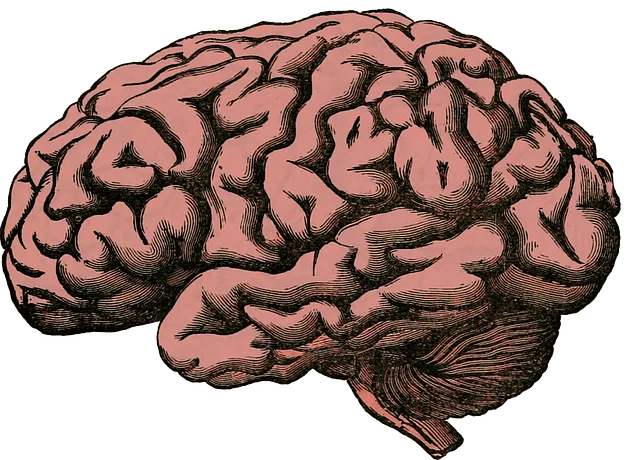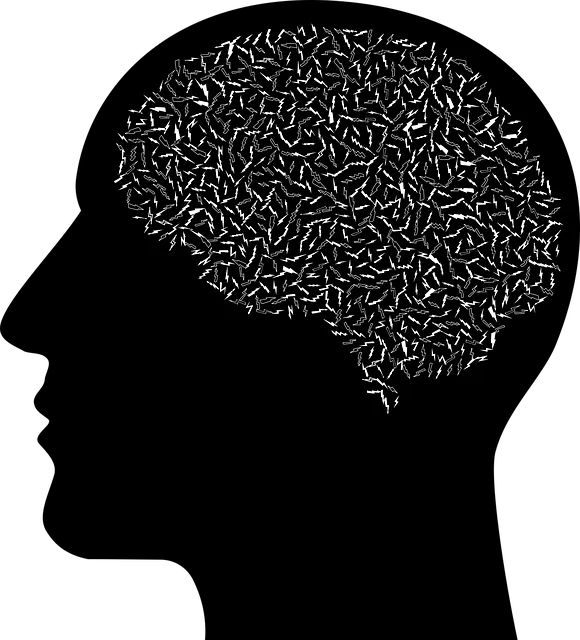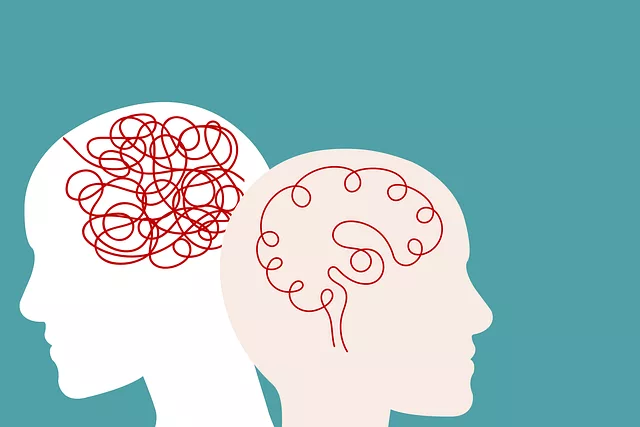Anxiety disorders are managed at Kaiser Permanente mental health center Broomfield through personalized approaches combining coping strategies and evidence-based treatments like cognitive-behavioral therapy (CBT). CBT helps identify and change negative thought patterns, while lifestyle changes such as balanced diets and exercise further reduce anxiety symptoms. Relaxation techniques complement these efforts, emphasizing holistic well-being.
Anxiety is a common challenge, but managing it effectively can lead to improved well-being. This guide from the Kaiser Permanente Mental Health Center in Broomfield offers practical strategies to overcome anxiety. We’ll explore the core aspects of understanding your anxiety, including triggers and symptoms. Discover the benefits of Cognitive Behavioral Therapy (CBT) as a powerful tool for long-term management. Additionally, learn about lifestyle changes, such as diet, exercise, and relaxation techniques, that can significantly impact your mental health journey.
- Understanding Anxiety: Common Triggers and Symptoms
- Cognitive Behavioral Therapy: A Powerful Tool for Management
- Lifestyle Changes: Diet, Exercise, and Relaxation Techniques
Understanding Anxiety: Common Triggers and Symptoms

Anxiety is a natural response to stress, but when it becomes persistent and overwhelming, it can significantly impact daily life. According to the Kaiser Permanente mental health center in Broomfield, common triggers for anxiety include stressful life events, such as financial problems, relationship issues, or major changes at work. It can also be sparked by specific situations like public speaking, social gatherings, or even everyday tasks if an individual has an anxious disposition. Symptoms of anxiety disorders vary but often include a mix of physical and emotional signs. These may present as excessive worry, restlessness, rapid heartbeat, difficulty concentrating, irritability, and sleep disturbances.
Recognizing these triggers and symptoms is the first step towards managing anxiety effectively. The Kaiser Permanente center emphasizes that understanding one’s unique experiences with anxiety can empower individuals to develop tailored coping strategies. This personalized approach, combined with evidence-based treatments like cognitive-behavioral therapy, can lead to substantial improvements in mental health and the overall emotional well-being promotion techniques advocated by experts in Mental Health Policy Analysis and Advocacy.
Cognitive Behavioral Therapy: A Powerful Tool for Management

Cognitive Behavioral Therapy (CBT) is a highly effective and widely recognized management tool for anxiety disorders, offered by many mental health centers, including Kaiser Permanente Broomfield. CBT focuses on identifying and changing negative thought patterns that contribute to excessive worry, fear, and panic. By understanding these thoughts and behaviors, individuals can learn to challenge them with more realistic and positive perspectives. This process empowers patients to manage their anxiety in a more constructive way, reducing the impact of distressing symptoms.
This type of therapy encourages social skills training, which helps build confidence in interacting with others, fostering better relationships, and enhancing overall mental health awareness. Emotional intelligence is another key aspect developed through CBT; individuals learn to recognize and regulate their emotions, leading to improved coping mechanisms and a greater sense of control over their anxiety.
Lifestyle Changes: Diet, Exercise, and Relaxation Techniques

Making lifestyle changes can significantly contribute to anxiety management. A balanced diet, rich in fruits, vegetables, whole grains, and lean proteins, plays a crucial role in supporting overall mental well-being. The Kaiser Permanente mental health center Broomfield emphasizes the connection between nutrition and emotional regulation, suggesting that proper sustenance can enhance one’s ability to manage stress and anxiety effectively.
Regular physical activity is another powerful tool. Exercise helps reduce anxiety symptoms by promoting the release of endorphins, often referred to as ‘feel-good’ hormones. Incorporating activities like walking, yoga, or even a vigorous workout routine into your weekly schedule can improve emotional intelligence and better equip you to navigate challenging situations. Relaxation techniques, such as deep breathing exercises and meditation, are also highly recommended by mental health professionals to manage anxiety, fostering a sense of calm and enhancing overall risk management planning for mental health professionals.
Managing anxiety effectively is a journey that combines understanding, therapy, and lifestyle adjustments. By identifying triggers and symptoms through the guidance of a Kaiser Permanente mental health center Broomfield professional, individuals can harness cognitive behavioral therapy (CBT) to challenge negative thought patterns. Incorporating regular exercise, mindful eating, and relaxation techniques into daily routines further strengthens anxiety management. These holistic approaches empower folks to navigate life’s challenges with resilience and enhanced well-being.






